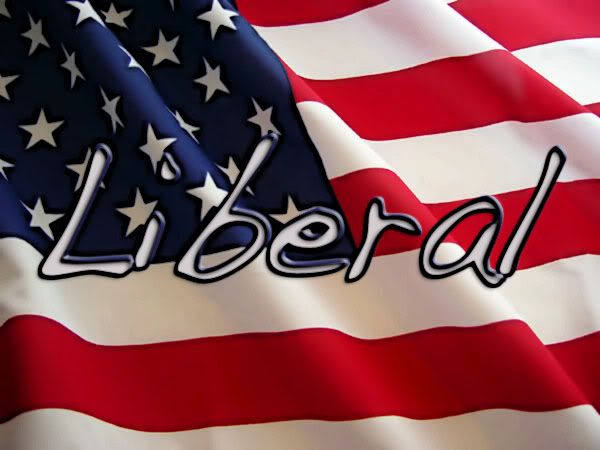 |
| Source:PBS- Thomas Jefferson: the father of liberal democracy. |
Source:
FRS FreeState
"Aware of the tendency of power to degenerate into abuse, the worthies of our country have secured its independence by the establishment of a Constitution and form of government for our nation, calculated to prevent as well as to correct abuse." --Thomas Jefferson to Washington Tammany Society, 1809. ME 16:346
"It is true, we are as yet secured against [tyrannical laws] by the spirit of the times... But is the spirit of the people an infallible, a permanent reliance? Is it government? Is this the kind of protection we receive in return for the rights we give up? Besides, the spirit of the times may alter, will alter. Our rulers will become corrupt, our people careless." --Thomas Jefferson: Notes on Virginia, Q.XVII, 1782. ME 2:224
"[To establish republican government, it is necessary to] effect a constitution in which the will of the nation shall have an organized control over the actions of its government, and its citizens a regular protection against its oppressions." --Thomas Jefferson to Lafayette, 1816. ME 19:240
"[The purpose of a written constitution is] to bind up the several branches of government by certain laws, which, when they transgress, their acts shall become nullities; to render unnecessary an appeal to the people, or in other words a rebellion, on every infraction of their rights, on the peril that their acquiescence shall be construed into an intention to surrender those rights." --Thomas Jefferson: Notes on Virginia Q.XIII, 1782. ME 2:178
"No interests are dearer to men than those which ought to be secured to them by their form of government, and none deserve better of them than those who contribute to the amelioration of that form." --Thomas Jefferson to M. Ruelle, 1809. ME 12:256
"A permanent constitution must be the work of quiet, leisure, much inquiry, and great deliberation." --Thomas Jefferson to A. Coray, 1823. ME 15:483
"Though written constitutions may be violated in moments of passion or delusion, yet they furnish a text to which those who are watchful may again rally and recall the people. They fix, too, for the people the principles of their political creed." --Thomas Jefferson to Joseph Priestley, 1802. ME 10:325
"I am persuaded no Constitution was ever before so well calculated as ours for extensive empire and self-government." --Thomas Jefferson to James Madison, 1809. ME 12:277
"[Ours is] a constitution of government destined to be the primitive and precious model of what is to change the condition of man over the globe." --Thomas Jefferson to Edward Livingston, 1824. ME 16:26
"The authority of [the] people [is] a necessary foundation for a constitution." --Thomas Jefferson to John Hampden Pleasants, 1824. ME 16:28"
There is a debate in the United States about what is America according to our own Constitution. Are we a republic or a democracy, the fact is we are both. But then why are we both and how are we both?
A republic is not necessarily democratic or authoritarian, but it is a republican form of government (Small r) Where the people are governed by civilians for the most part, not by the military or a monarchy or religious leaders. But you can have democratic republics and you can have authoritarian republics.
America is a democratic republic, China is a communist republic. (To use as examples) A lot of times when people tend to think of democracy, they automatically think of voting the right to vote and majority rule. But the fact is that is only one aspect of democracy. Democracy even depending on what type of democracy, what you are talking about is about freedom and people having freedom over their daily lives and not being harassed by government because they are seen as enemies of the state like in Syria, Egypt or Iran.
America is a federal republic which means we have a federal government as well as state and local government's. Rather than one big government that essentially runs the entire country which is common in authoritarian states. But even at least to a certain extents in big government social democracies, where a lot of power is centralized with the national government.
America is a federal republic in the form of a liberal democracy where not everything is done by majority rule. Elections for the most part yes, but where we are governed by a large extent by a Constitution with three branches in the Federal Government.
America is also governed by our local government's that have responsibility for seeing that our Constitution is equally enforced. Where we all have constitutional rights that are supposed to be equally enforced. So we can’t lose our constitutional rights just because they may seem unpopular or get in the way with whatever the current party in power has planned for the country.
That is what Thomas Jefferson and the other Liberal Democrats (the real Liberal Democrats) who are our founding fathers, created more than two-hundred and thirty years ago. A federal republic in the form of a liberal democracy that comes with a lot of individual freedom. Set responsibilities and authorities for government, but where their number one responsibility is to protect our freedom and constitutional rights equally under law. Not run our lives for us.














.png)



